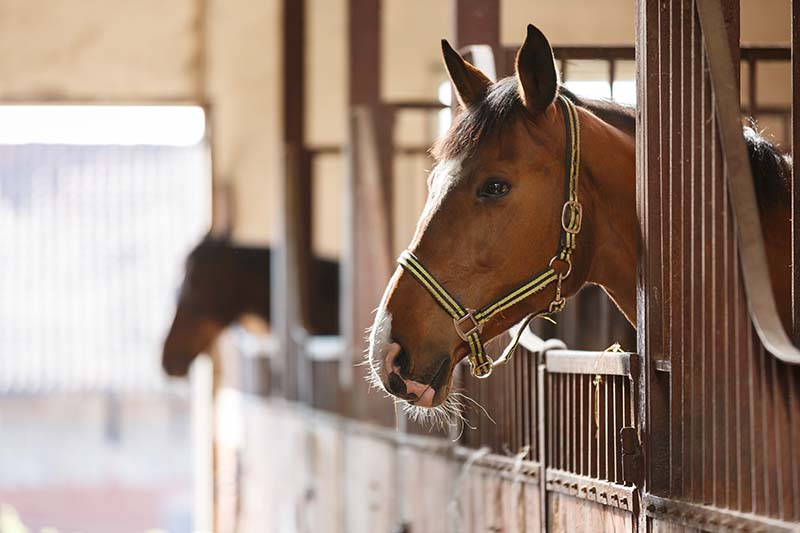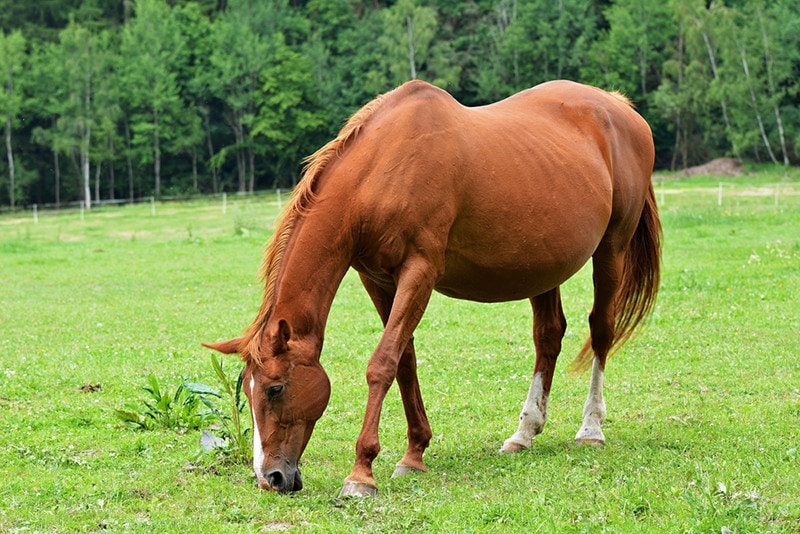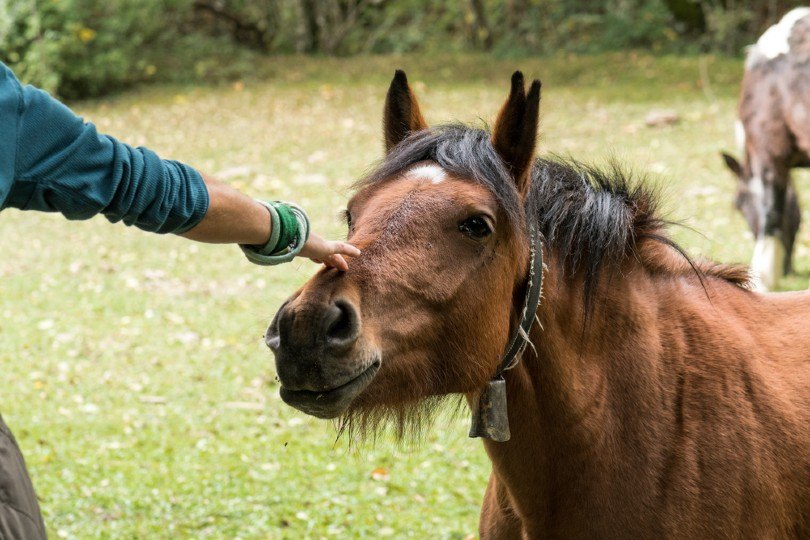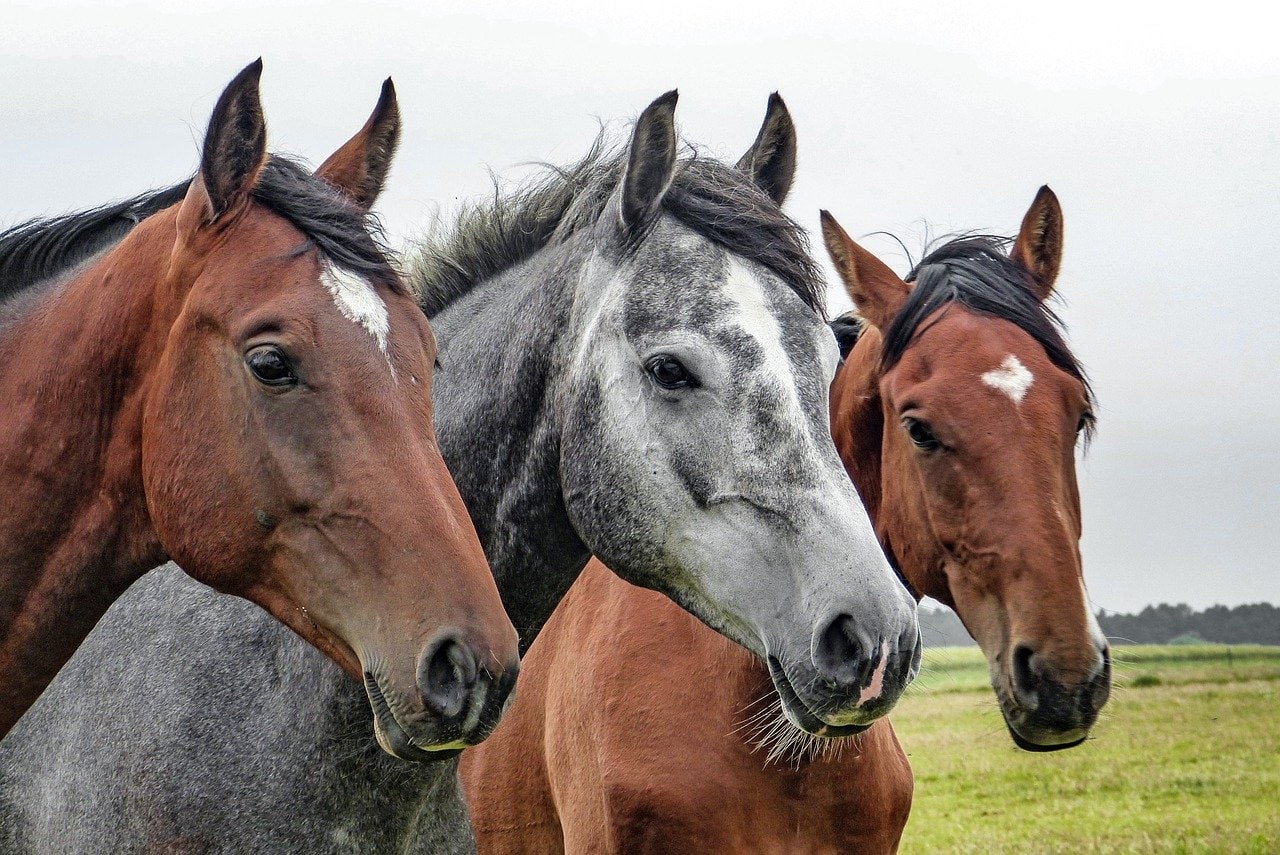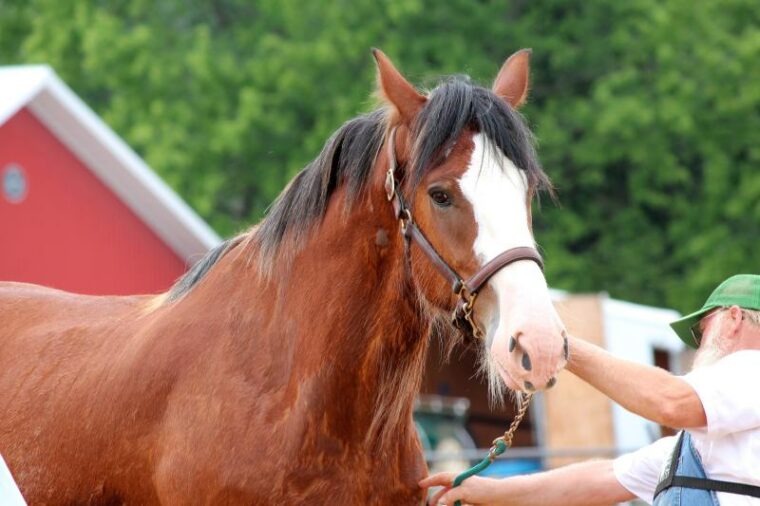
As a horse owner, you’re aware that at some point, you’ll need to stop riding your horse due to their age. But at what age should a horse stop being ridden? It’s a good question, but there’s no set answer. Horses, like people, age differently, and what’s right for one horse may not be suitable for another.
So, how will you know when to stop riding your horse? This usually happens between the age of 20-25 years. There will be signs, which we’ll discuss below. We’ll also share how to keep your senior horse in good health. Keep reading!
At What Age Should a Horse Stop Being Ridden?
As we said, there isn’t a specific age you should stop riding a horse, but in general, most horses will need to stop being ridden between 20 and 25 years of age. Plus, there have been studies1 that show that 20 years old is when a horse’s aerobic capacity starts to lessen. The heart has to do more work to pump blood as normal during exercise, which results in a horse being slower and becoming more easily tired.
However, all horses are different, which is why there’s a range in the age one should stop riding them. Some horses might have been injured or worked hard when younger, which can result in premature aging. Other horses might have had a normal athletic life, making it easier for them to keep up in their older age. So, how do you know when to quit riding a horse?
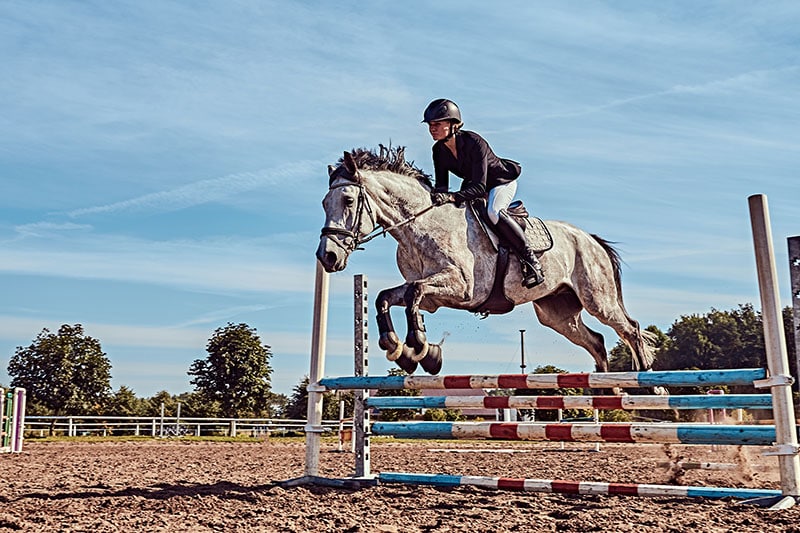
The 5 Signs It’s Time to Stop Riding Your Horse
When a horse is ready to stop being ridden, they will let you know. You just need to know the signs to look for. What are they?
1. Trouble Maintaining Weight
While trouble maintaining weight isn’t always a sign of being too old to still be ridden, it can be. Much like humans, there are external signs when horses age, such as their coats looking duller or becoming underweight. It’s not uncommon for older horses to take on a thinner appearance with frailer limbs and sunken eyes. And if you’ve tried to put some weight back on your horse by switching to a different feed, but it still hasn’t happened, the horse is probably too old to be ridden.
2. Seems Frustrated After Activities
How does your horse typically respond when you show up to ride them or do other activities? They’re likely pretty happy to see you and excited about doing something. So, if your horse suddenly goes in the other direction temperament-wise and instead seems cranky or frustrated— at any point before, after, or during a ride—it could be a sign of discomfort or even pain. And that means your horse could be at the point where you need to stop riding them (although you might only need to reduce how much activity they’re doing instead of stopping altogether, depending on the advice of your equine vet).
3. Has Trouble Keeping Up
Have you noticed that your senior horse is having difficulty keeping up with other horses on rides? Then it’s a good sign that it’s time to drastically reduce how often they’re ridden and switch to more relaxed exercise. Your senior horse might also be diagnosed by lameness by your equine veterinarian. Depending on the grade or stage of the lameness, they may need their exercise changed or temporarily stopped.
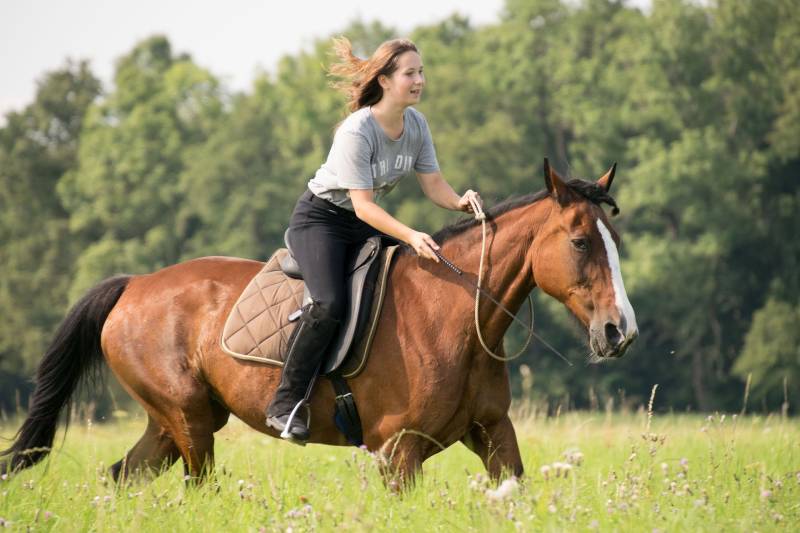
4. Has a Chronic Illness
Chronic illnesses, like Cushing’s, can reduce the level of your horse’s athleticism. If your horse has been diagnosed with something chronic, you’ll need to change your riding habits and schedule to accommodate their condition. If the horse has had this illness diagnosed when they were young, you’ll likely have to stop riding them at an age younger than 20 to keep your horse as healthy as possible. And older horses that have been more recently diagnosed may no longer feel up to being ridden, depending on the illness.
5. Required Medication No Longer Working Effectively
There are several degenerative or chronic conditions that can affect an equine’s joints, bones, and muscles. Medication may assist your horse in the earlier stages of such ailments, however their efficacy may reduce as your horse ages. In that case, it’s important to no longer ride your horse to avoid any more damage occurring.
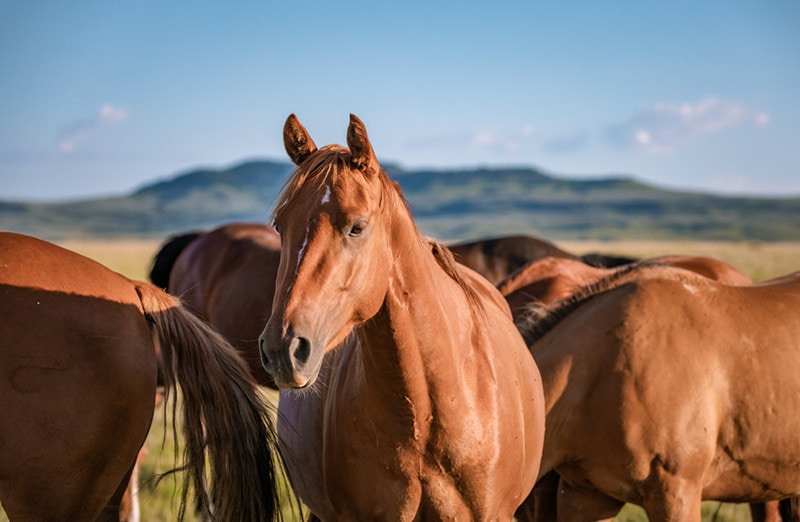
Senior Horses & Exercise
Not being able to ride your horse doesn’t mean you should stop exercising them altogether, though! Horses of any age benefit from exercise as it prevents obesity reduces the risk of injury, maintains muscles and flexibility, and offers mental stimulation. When it comes to senior horses and exercise, the trick is how you exercise them.
Conclusion
The age at which a horse should stop being ridden will vary by horse, but you can expect this to happen between 20 and 25 years of age. Your horse will give you signs when they’re ready to be done with being ridden, though, so as long as you know what to watch out for, you should be able to retire them as needed. But retiring from riding doesn’t mean your horse no longer needs exercise! Senior horses should still engage in stretching, walks, and other light activities to stay healthy.
Featured Image Credit: Nichole, Pixabay



